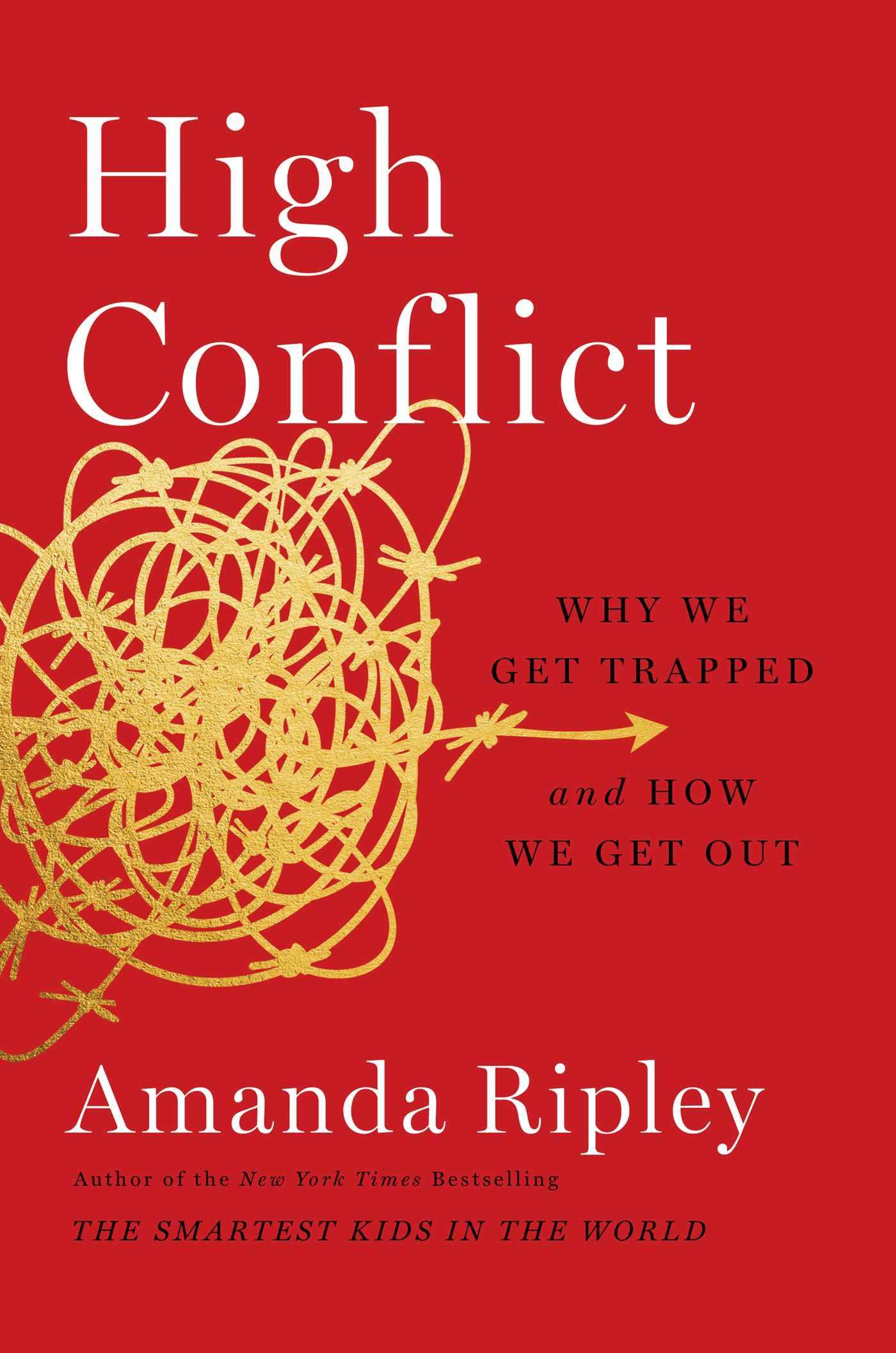What if the other side's not fighting fair?
Managing the conflict in your own head.
The most common question I get asked about high conflict is some version of this one:
What if the other side is not fighting fair? Then what?
It’s a great question. Maybe the question.
High conflict is always uneven. In South Africa, Northern Ireland, Syria, the Middle East and yes, in America. One side is usually more to blame—and often more powerful.
Then what? How do you create good conflict with someone who has more power—or who plays dirty?
This is a big question, so let’s break it down into a human-sized metaphor, just as an experiment:
Imagine you were trying to get out of a toxic marriage, and your partner was not fighting fair.
Maybe your spouse was manipulative, deceptive and narcissistic. They’d cheated on you—more than once. They also had more power, with an income twice your own and a higher status in the community.
Now imagine you had kids together. More than anything else, you’d want to do right by your kids, which is one reason you’re ending the marriage.
What now?
In the divorce proceeding, it would be natural to get sucked into dysfunctional conflict with your spouse and their lawyers. Each new filing would bring name calling, backstabbing and veiled threats. You’d be continually reminded that the system was rigged in favor of the powerful. It would be infuriating.
How should you fight, in this situation?
In every conflict, including racial, political and marital conflict, there are two fronts: the inner fight and the outer fight. The outer fight gets most of our attention: who did what to whom? And this external reality changes everything. That’s why we need laws, judges, protests and organized resistance.
But the inner fight matters, too, and it gets much less attention. Each of us has to simultaneously manage how we live in the conflict; how deeply we let it seep into our souls. For spiritual reasons, but also for tactical reasons.
We can’t force the other side to fight fair. Nor can we give up! That would be a loss for everyone. We have to defend ourselves and our children; we have to fight for a better future. And we have our own minds to protect, too. If we succumb to the magnetism of high conflict and start viewing (and talking about) our soon-to-be-ex as a monster, if we stop sleeping at night, consumed by contempt and bitterness, if we fixate on winning, above all else, what will happen?
Succumbing to hatred is like taking poison and hoping it will kill your enemy, as the old saying goes. In thrall to high conflict, it’s impossible to feel joy or curiosity. We lose our peace of mind and, eventually, our health. The daily injection of stress hormones impairs the immune system, degrades memory and concentration, weakens muscle tissue and bones, and accelerates the onset of disease. Eventually, we may start to unintentionally harm whatever we went into the fight to protect—which usually means our children.
There are about a quarter of a million high-conflict divorces every year in America. That’s a lot of pain. The only ones “winning” are the lawyers (and sometimes not even then). You may win one argument before a judge, which feels good. But the next custody fight (or election) is never far off. In the long arc of history, we’ve all got kids together.
You can’t force other people to stay out of high conflict. (Dear God, I wish you could…) You can’t make people listen—or reckon with a history of oppression. You can apply pressure, run for office and hold people accountable. But it’s not just about them. It’s about you. Fighting the just fight out there in the world requires staying in good conflict in your own head.
If you can cultivate good conflict, you will fight far more effectively, however long the fight may be. You will make fewer mistakes, do less harm to those you love and live a fuller life.
The challenge of our time is to mobilize great masses of people to make dramatic changes without dehumanizing one another. To engage in useful, stressful, hard conflict—without letting it rob us of joy and dignity. Not just because it’s morally right but because it works—in divorce court and in politics.
In high school football and all conflict everywhere: “Clear eyes, full hearts, can’t lose.”
Amanda
An Invitation
I host Slate’s weekly How To! podcast, and I write books and stories about change and people who have undergone transformations (and the researchers who study them).
I’m interested in hearing your stories about trying (and failing and trying again) to make change in your neighborhood, your home, your place of worship. Wherever it is.
You can always find me on Twitter or email me at amanda@amandaripley.com.
To ask for help solving a problem (big or small), send How To! a note at howto@slate.com or leave us a voicemail at 646-495-4001. Thanks!

© 2021 Amanda Ripley. See privacy, terms and information collection notice
Photo Credit: The Photograph Company Of America, photographer. A Pillow Fight, ca. 1905.




Thank you for this post. Good advice!
Such a welcome and necessary post. I needed this. Thank you.